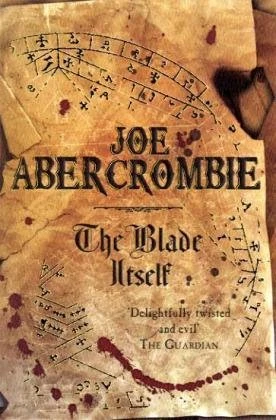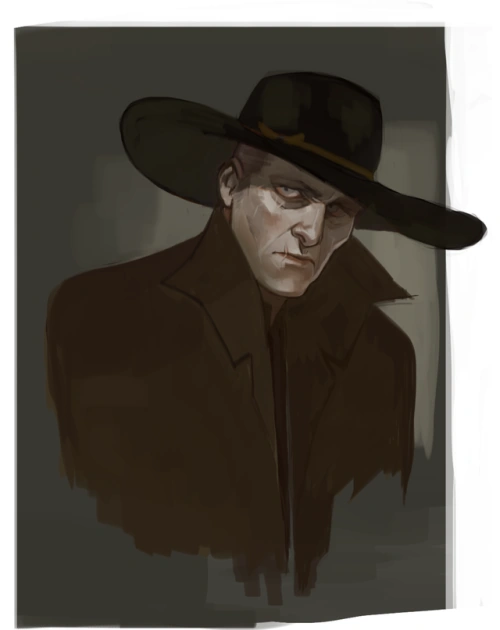
Looking back I do remember this book as my favorite from when I first picked the series up. It had many of the tropes I would come to know and love in books, sieges, political intrigue, war, magic and above all, wit!
The book picks up only a few days after the events of A Game of Thrones and follows our main cast of principle characters, minus one. Those characters are the Stark clan, Catelyn, Arya, Sansa and Bran, plus Jon. Then we have our other protagonists Tyrion Lannister and Danaerys Targaryen. Into this mix is thrown a new player, Davos Seaworth the Onion Knight, who is above and beyond one of my other favorite characters. We also have Theon Greyjoy, who plays a very important part in this piece.
This book though, probably more than any of the next volumes, is really about the overarching events of The War of Five Kings (and ironically the only one where all five kings are even present). It accelerates events as in the last book Rob was proclaimed the first King in the North in nearly three centuries, meanwhile both Stannis and Renly Baratheon claim crowns and the kingship of Jofferey "Baratheon" is in doubt. Meanwhile, old rebels take up old crowns and a more sinister plot in the war.
Like I said though, it focuses on some of my favorite elements in storytelling, namely sieges and politics which I think put together make for some fascinating situations to read about. Sieges in history have been intense moments of struggle and can last for quite a long time with great or terrible results. One of the primary issues in this book is the impending siege of King's Landing by one of the claimants to the Iron Throne and how that might end the war in an afternoon!
Tyrion Lannister is the one who deals with the main problems as he enters a city beset by a rising refugee population, political imbalance, and one which is almost utterly unprepared to stand a siege. His sister the Queen Regent does not recognize his authority, the king is an adolescent sadist, and his fellow members of the Small Council are completely unreliable. All the political maneuvering he has to cause just to get things done is fascinating to read about as he must make one thrust and then another to keep everyone focused on the goal of just surviving!
Meanwhile, Catelyn Stark presents our view of the King in the North as he tries to fight the war in the Riverlands. The Lannister army has been denuding the countryside, laying waste to farms and crops and smallfolk to try and force the King in the North to battle. Catelyn sees that as things stand, there is no way for her son to win the war on his own, so she marches on a mission to seek out the other claimants to make cause with them. It leads to probably one of the most fascinating scenes in the whole series from a political/personality standpoint since it analyses different theories of kingship, the right of inheritance and offers a surprisingly pragmatic solution to the whole problem of the war. I honestly encourage you to read Steven Atwell's essay on the topic as it's some amazing subtext built in here which gives me endless thoughts on how Martin structured these characters.
Her daughters Sansa and Arya are captives and fugitives from the Lannister regime respectively. Arya tries to make her way north across the war torn Riverlands, while Sansa is locked away in Kings Landing suffering under the brutality of the boy king Joffery. Sansa must now play the doting fiance, while enduring the deadly politics of a capital falling under siege.
In the North, Bran sits as the crippled Prince of Winterfell, fighting his own political battles while Jon Snow and the Nights Watch march beyond the Wall to confront the Wildling horde which threatens to fall on the Seven Kingdoms like a hammer blow. All the while something more mysterious lurks beyond it all.
One of the overwhelming backgrounds of this book is the War itself. Its twists and turns in battle and fortune run hard. The most compelling aspect is the siege of and assault on King's Landing. It's a great war story, and drives much of the drama throughout the book itself as everyone wonders who will sit in the world's most uncomfortable chair. These elements were, I think, the best part of the story. It made the drama relatable as we knew Kings Landing, knew the stakes for those in the capital, and how the win or loss there could effect everyone across the whole story. Sieges can make for great plot elements like that!
The themes of war and hardship are what hooked me into this volume, but on reread, themes of femininity and women in war are also front and center. From Catelyn Stark whose only weapon is the negotiating power she has as a high lady, to Sansa Stark who is a high born hostage whose life is one of constant intrigue and abuse. Then we have Brienne of Tarth, who fights like a man and is a homely creature scorned by the lords and knights around her. These women use their wits and words, and occasionally their weapons, to navigate the world of Westeros, and it brings issues to mind we just don't seem to consider enough. I enjoyed picking up on that this time around.
Re-reading this I remembered why I was sucked into Westeros so easily, and how I'm being brought in so easily again! I can't wait to get around to the next installment!






